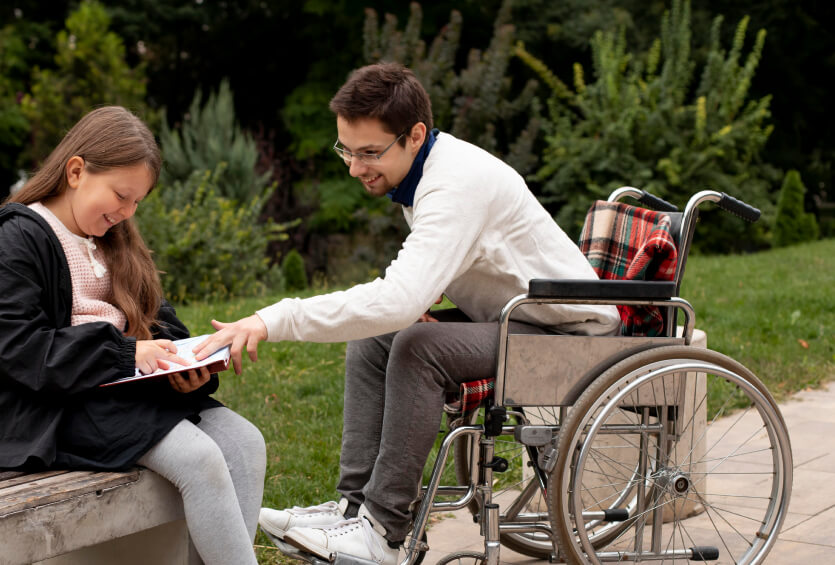Senior health care responsibilities can vary depending on the context, but they generally include:
- Medical Care: Providing medical treatment and preventive care tailored to the specific health needs of older adults. This may involve managing chronic conditions like diabetes, hypertension, or arthritis, as well as addressing acute illnesses and injuries.
- Medication Management: Ensuring seniors take their medications as prescribed, monitoring for any adverse effects or interactions, and adjusting prescriptions as needed.
- Regular Check-ups and Screenings: Conducting routine health assessments, screenings for conditions such as cancer or osteoporosis, and monitoring vital signs to detect any health issues early.
- Health Promotion and Education: Offering guidance on healthy lifestyle choices, diet, exercise, and preventive measures to maintain optimal health and well-being.
- Rehabilitation and Therapy: Providing rehabilitation services such as physical therapy, occupational therapy, or speech therapy to help seniors regain or maintain functional independence and mobility.
- Mental Health Support: Addressing mental health concerns such as depression, anxiety, or cognitive decline, and providing appropriate interventions
